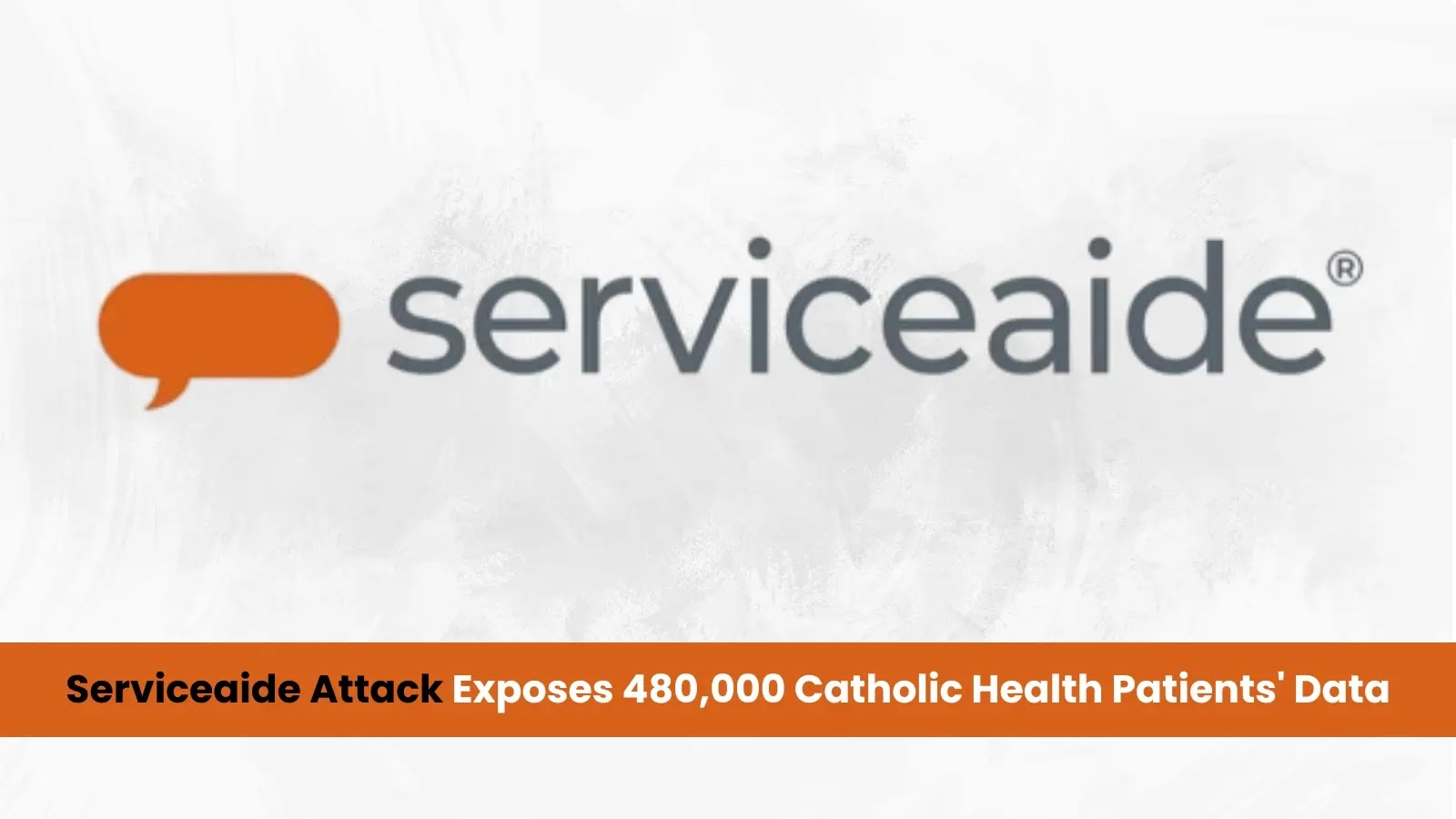In a significant cybersecurity incident, Serviceaide, Inc., a provider of IT support management services, has reported a data breach affecting approximately 480,000 patients associated with Catholic Health. The breach, which occurred due to a misconfigured Elasticsearch database, left sensitive patient information exposed online for nearly seven weeks between September and November 2024.
Incident Overview
The data exposure transpired between September 19 and November 5, 2024, when an Elasticsearch database containing patient records was inadvertently made publicly accessible. Serviceaide discovered the misconfiguration on November 15, 2024, indicating that the data remained unprotected for approximately 47 days before detection. This prolonged exposure raises concerns about potential unauthorized access and misuse of the compromised information.
Nature of the Exposure
Unlike traditional cyberattacks that involve deliberate intrusion, this incident resulted from a configuration error that removed security barriers, making the data accessible without authentication. The breach exposed a wide range of personally identifiable information (PII) and protected health information (PHI), including:
– Full names
– Social Security numbers
– Dates of birth
– Medical record numbers
– Patient account numbers
– Health insurance details
– Prescription information
– Clinical data
– Provider information
– Login credentials
The exposure of login credentials is particularly alarming, as it could allow malicious actors to access other systems if the same credentials are used across multiple platforms. Although Serviceaide has stated there is no evidence of identity theft or fraud resulting from this incident, the comprehensive nature of the exposed data presents significant long-term risks to affected individuals.
Response and Mitigation Efforts
Upon discovering the breach, Serviceaide implemented an incident response protocol to secure the affected Elasticsearch cluster and enhance access controls, including the implementation of multi-factor authentication. The company has also notified relevant government agencies, including the U.S. Department of Health and Human Services, in compliance with regulatory requirements.
For affected individuals, cybersecurity experts recommend implementing credit freezes, which provide stronger protection by preventing new account creation entirely. Patients are also advised to monitor their Explanation of Benefits statements for unfamiliar medical charges, which could indicate medical identity theft beyond standard financial fraud.
Broader Implications
This incident underscores the critical importance of proper configuration management and regular security audits for sensitive database systems, especially in the healthcare sector. The exposure of such a vast amount of sensitive information highlights the need for robust security measures to protect patient data and maintain trust in healthcare institutions.



